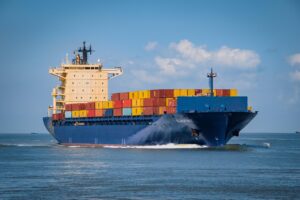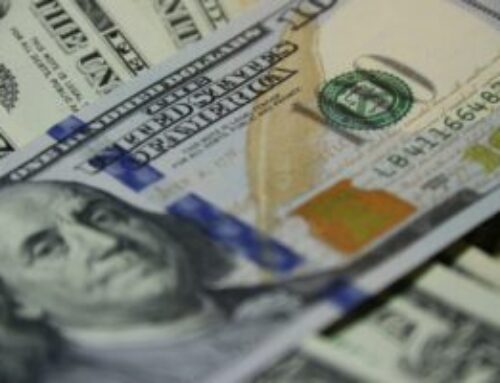By the Constantine Cannon Whistleblower Team
As the Trump Administration continues to reshape U.S. trade policy through aggressive new tariffs, the stakes for importers have never been higher. With tariffs impacting trade with China, Canada, Mexico, and others, companies may be tempted to cut corners to avoid rising costs.
When companies cheat on tariffs, they risk potential False Claims Act liability. Whistleblowers can play a key role in uncovering tariff fraud and triggering customs law enforcement. Whistleblowers can be former employees, insiders, customers, and importers – just to name a few categories of individuals who may have knowledge and actionable evidence of customs fraud.
The False Claims Act is a powerful tool used to hold companies accountable when they defraud the government. Under the qui tam (or the whistleblower provision) of the False Claims Act, private parties (or relators) can file lawsuits on the government’s behalf and may receive between 15 and 30 percent of any monetary recovery.
When goods enter the United States, an importer must declare the country of origin, the value, whether the goods are subject to duties, and number of duties owed. Tariff fraud typically arises when an importer or company misclassifies goods, undervalues imported items, or otherwise evades customs duties.
Recent False Claims Act enforcement actions highlight the risks of cheating on tariffs. On April 18, the government filed a complaint against Barco Uniforms and its suppliers for allegedly underpaying customs duties owed on imported apparel manufactured abroad. The government alleged Barco knowingly conspired to undervalue imported garments it purchased from foreign suppliers, despite warnings from a third-party auditor advising them of risks and recommended they “double-check” duty calculations.
This case was brought under the False Claims Act’s qui tam provisions by whistleblower Toni Lee, the former director of product commercialization at Barco Uniforms. If the case is successful, Mr. Lee will receive an award of up to 30 percent of the government’s recovery.
Similarly, on March 25, the government announced that Evolutions Flooring Inc. and its owners agreed to pay $8.1 million to settle False Claims Act allegations that they evaded customs duties from 2019-2022 when importing multilayered wood flooring from the People’s Republic of China. The government alleged the company provided false information regarding the identity of the manufacturers and country of origin of the flooring.
This suit was brought by Urban Global LLC under the whistleblower provision of the False Claims Act. The relator will receive an award of approximately $1,215,000.
Acting U.S. Attorney Joseph McNally for the Central District of California stated that “fraud in international commerce deprives the United States of vital revenue and creates an unfair advantage over businesses that operate legitimately. The settlement sends a message that we will not stand aside when companies try to cheat the system.”
Constantine Cannon whistleblower partner Alysia Solow commented: “Vigilance in identifying tariff fraud is crucial to the protection of United States revenues. It’s also about upholding fairness in global trade and ensuring players compete by the same rules. Whistleblowers are essential to uncovering these violations and jumpstarting government enforcement actions.”
Our Firm Helps False Claims Act Whistleblowers
Constantine Cannon has extensive experience representing False Claims Act whistleblowers. Please contact us if you believe you have a case. We will connect you with an experienced member of the Constantine Cannon whistleblower team for a free and confidential consultation.
Speak Confidentially With Our Whistleblower Attorneys
Read What Role Can Whistleblowers Play in Fighting Tariff Fraud? at constantinecannon.com






Leave A Comment